SINTEF Digital was recently awarded the ENGAGE-project (Engage Society for Risk Awareness and Resilience) after a highly competitive process. ENGAGE addresses research and innovation on resilience as an intrinsic ability of the society to adjust its functioning and sustain operations prior, during and after disasters. ENGAGE is a bold project aiming to link the informal resilience naturally inherent in citizens, with the formal work of authorities to prevent, prepare, respond and recover from disasters. The 3-year EU funded project will provide solutions to support the engagement of citizens, communities and authorities in a “whole-of-society” approach and capitalise on the knowledge, capabilities and social capital existing at all levels of society.
Citizens and public authorities are more risk resilient together
Natural and man-made disasters remind us how the ability of societies to adapt and prosper depends on the collective action of the society. Current knowledge, strategies and methods for societal risk governance are to a large extent focused on the efforts of public authorities to protect citizens from harm and ensure continuity in vital societal functions.
This underestimates the fact that citizens themselves constitute sources of resilience, as well as the huge diversity in the contexts in which knowledge, tools and methods are to be applied. In this collective effort, citizens and communities can also play a significant role at the grassroots level. But how can this role effectively contribute to the formal operational practices of the public authorities?
The EU funded project, ENGAGE, brings together 13 partners from 8 countries who aim to show how individuals and local practices can interrelate effectively with planned preparedness and response, practitioners and technology. ENGAGE’s mission is to provide novel knowledge and impactful solutions for exploiting Europe ́s hidden and unused resource: it ́s inherent resilience.
ENGAGE’s approach to a more risk aware and resilient society
The project will first identify and gather previous efforts in terms of the knowledge, strategies, methods, tools and practices used by real world practitioners and citizens. It will then combine and extend them to create innovative solutions to disaster management and new ways of fostering trans-disciplinary collaboration and learning. The solutions will encompass guidelines, models, methods, practices, processes, strategies, recommendations and tools, that contribute to societal resilience related to the whole disaster life cycle. Particular attention will be given to solutions that support the engagement and collaboration of the different actors in societal resilience, including means to transfer research results to citizens, increase risk awareness, and the use of communication channels such as social media.
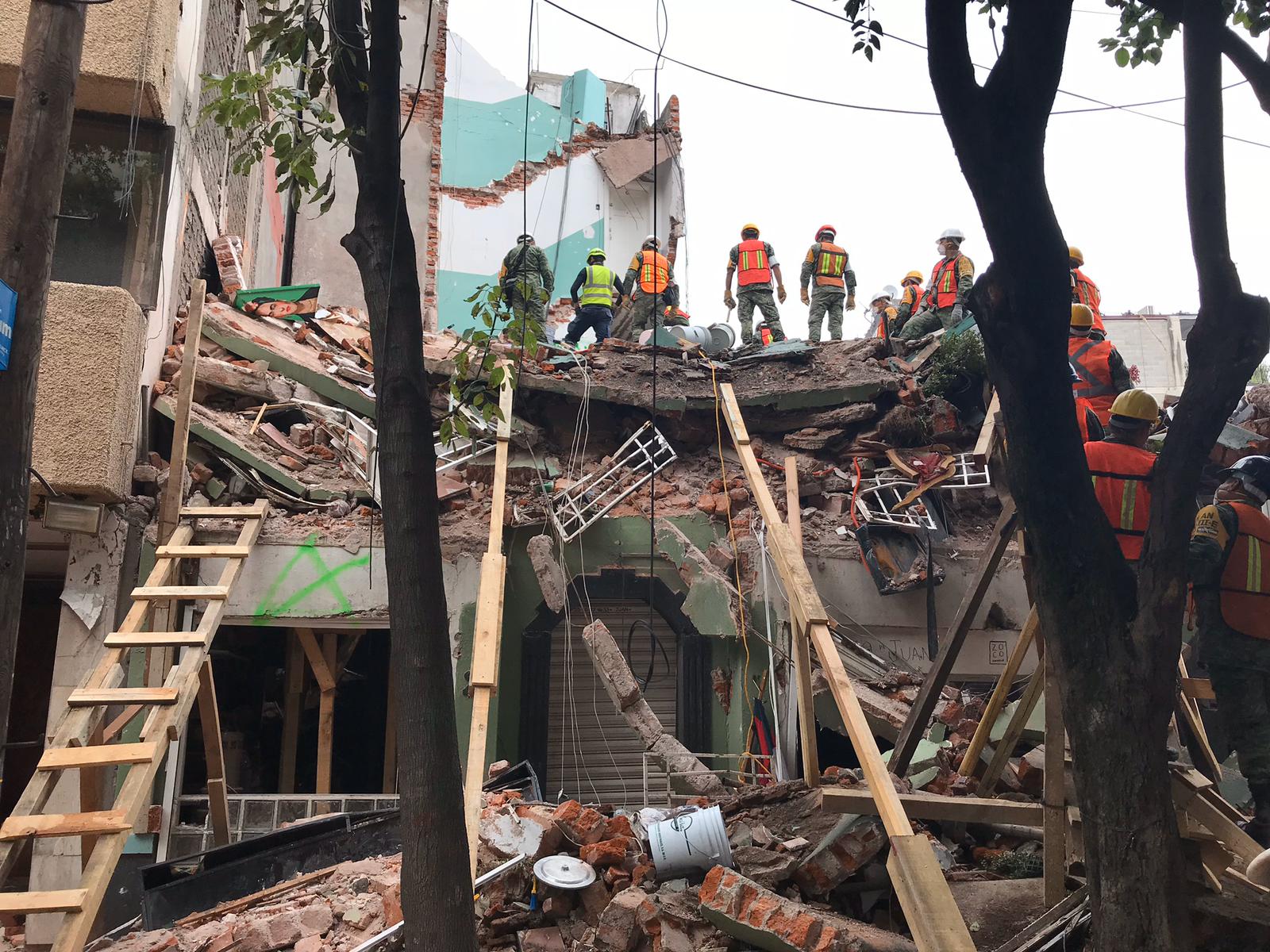
The ENGAGE team combines knowledge and exploits the results of research on resilience, social capital and risk communication. The consortium will work together with a Knowledge and Innovation Community of Practice initially composed by 37 organisations magnifying the ability to create new knowledge and exploit novel solutions. ENGAGE brings together a critical mass, contributing to fulfilling the Sustainable Development Goals and the objectives of the Sendai framework to establish a broader, people-centred approach to disaster risks.
Questions about the project?
- Project Coordinator: Matthieu Branlat, SINTEF
- Dissemination and Exploitation Manager: Alexis Gizikis, EENA
Partners:
- SINTEF AS (STF, Coordinator, Norway)
- Deep Blue SrL (DBL, Italy)
- TECNUN University of Navarra (TECNUN, Spain)
- Tel Aviv University (TAU, Israel)
- Trondheim Red Cross Local volunteers (TRC, Norway)
- European Emergency Number Association (EENA, Belgium)
- Ministry of Internal Affairs Department of Emergency Situations (DSU, Romania)
- Unified Message Alerting System (UMS, Norway)
- Ecole Normale Supérieure (ENS, France)
- Gobierno Vasco – Departamento de Seguridad – Ertzaintza (ERTZ, Spain)
- Cittadinanzattiva Onlus (CA, Italy)
- Local Health Authority Rome (ASL, Italy)
- Region Östergotland – Centre for Teaching & Research in Disaster Medicine and Traumatology (KMC, Sweden)
Initial Knowledge and Innovation Community of Practitioners:
- 14 Agencies & Authorities
- 10 First Responders
- 7 Non-Governmental Organizations
- 2 Primary and secondary schools and 1 Japanese Academia;
- 3 Citizen Representatives



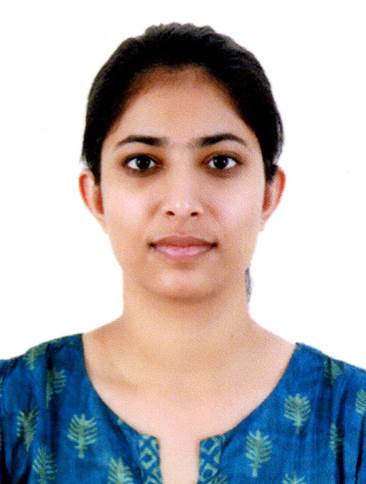
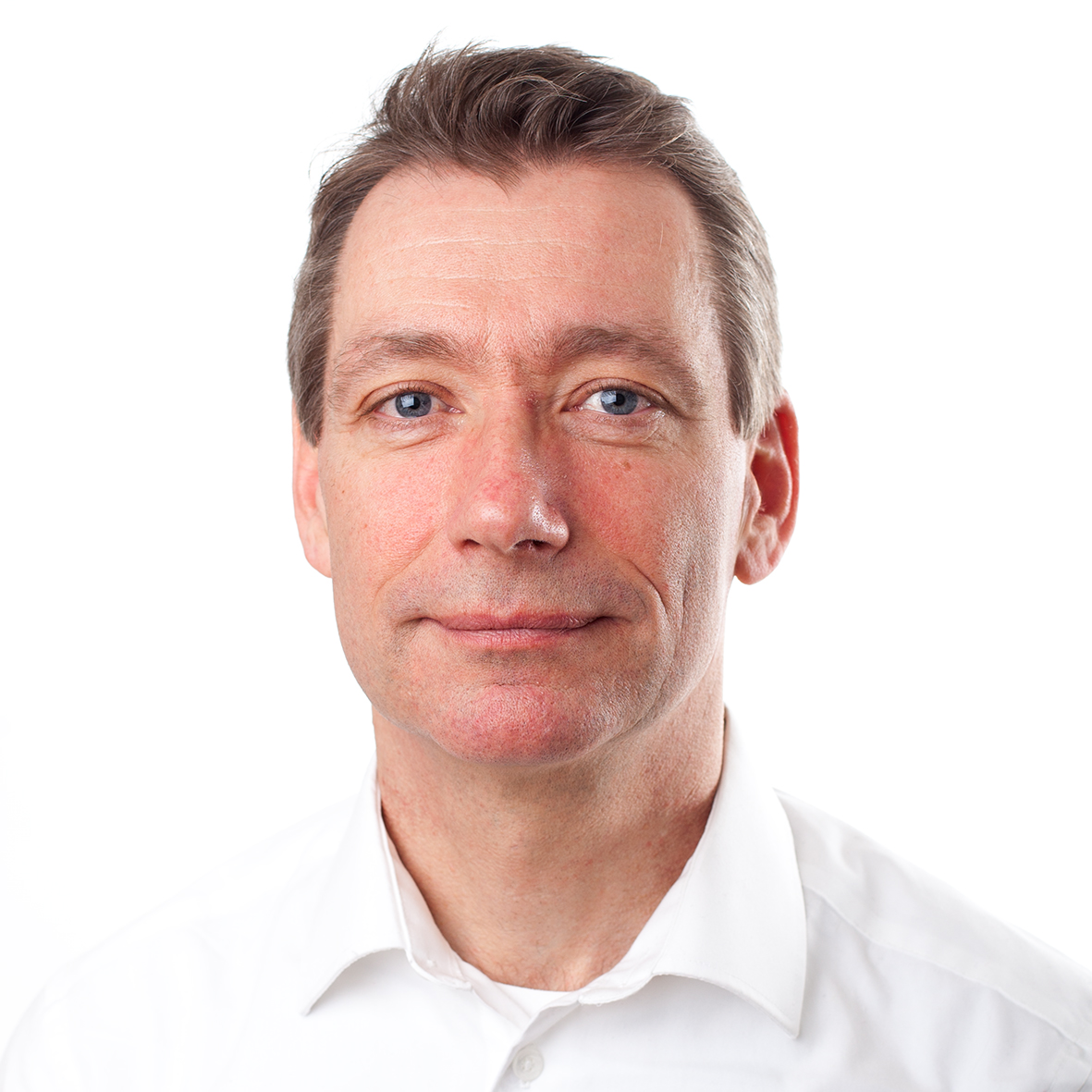
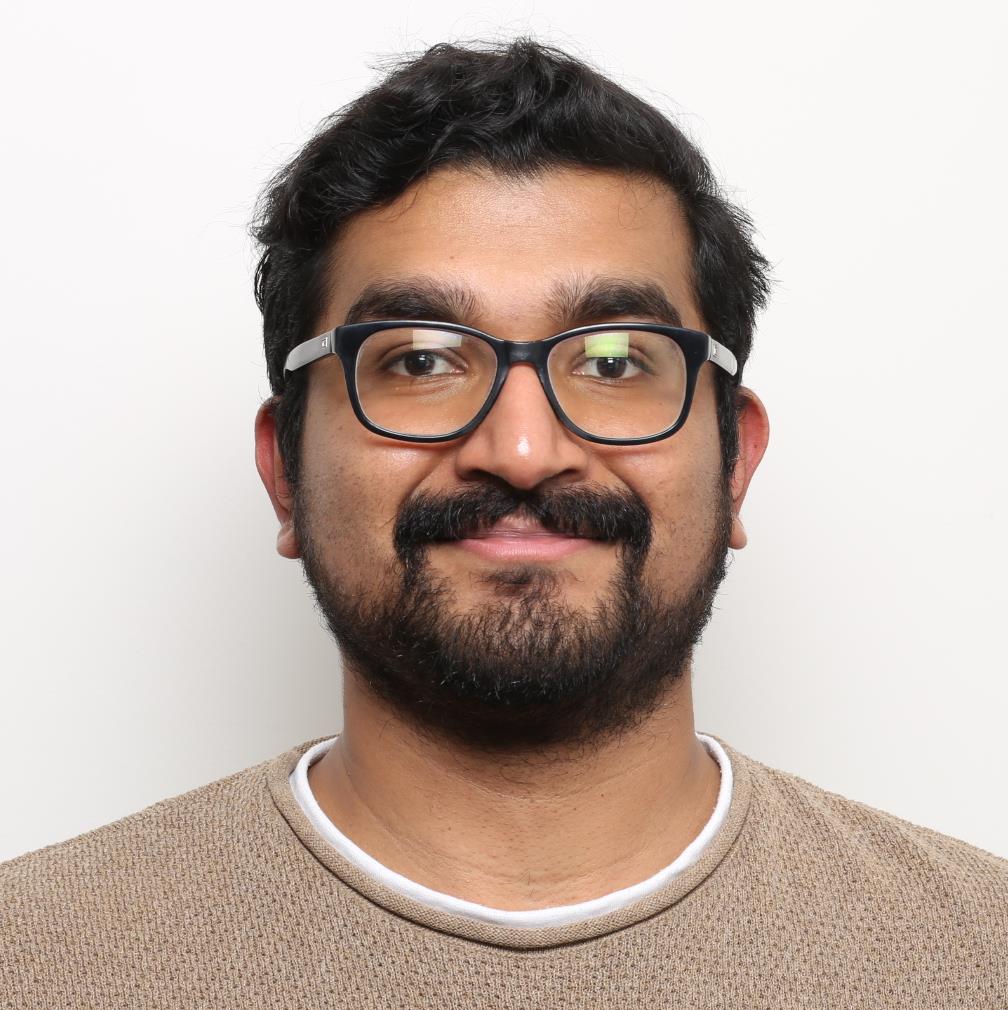

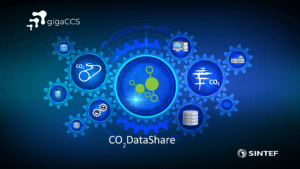
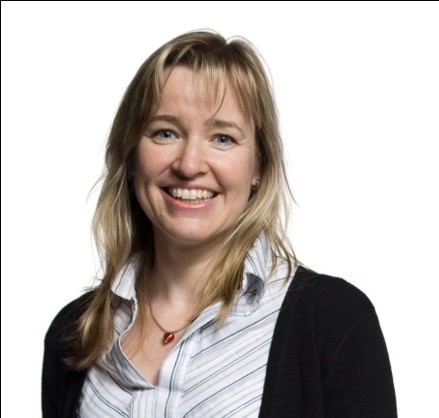


Comments
No comments yet. Be the first to comment!